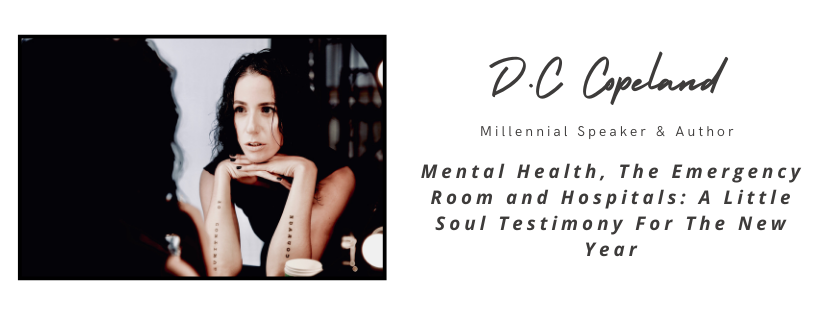There has been a concerning rise in the number of eating disorders in the UK over the last 5-years, with hospital admissions specifically for eating disorders rising by 84%
What is the Difference Between an Eating ‘Problem’ and an Eating Disorder?
An Eating Problem is ‘any relationship with food which a person finds difficult.’
An Eating Disorder is ‘a medical diagnosis based on eating problems/concerns which includes medical tests on weight, blood and body mass index (BMI)’
It is important to note, that an Eating Problem can be equally as difficult to live with as an Eating Disorder.
- Anorexia Nervosa – This is when an individual tries to control their weight by not eating enough food, exercising too much, or doing both.
- Bulimia – This is when the individual loses control over what they eat and then take drastic measures to try not to gain weight from this.
- Binge Eating Disorder (BED) – This is when an individual eats large amounts of food, until they feel uncomfortably full.
- Other Specified Feeding or Eating Disorder (OSFED: The most common Eating Disorder) – This is when a persons symptoms do not fit in with the criteria for any individual eating disorder – This is the most common diagnosis.
- Avoiding/Restrictive Food Intake Disorder (ARFID) – This is an eating disorder that does not stem from the persons beliefs surrounding their body image or weight. Instead it stems from negative feelings towards food. For example; they may have a negative response to the smell, taste or texture of certain foods, or they may restrict what they eat due to a negative past experience such as choking or being sick from a certain form of food. They may simply not feel hungry, or lack interest in food.
The number of children and young people being admitted into hospital as a result of an eating disorder, has risen by 33% in the UK.
The number of young boys and men has risen by 128% since 2015/16.
The rise in these figures comes as no surprise.
Unfortunately, every year for the last 50-years, these numbers have been rising. Yet Eating Disorders are often not spoken about, not many people understand them, and not many people know where to turn to for help and support.
Is Recovery Possible?
Yes.
While eating disorders can take a long time to recover from, it is possible with the correct support and intervention. With research suggesting that 46% of anorexia patients and 45% of bulimia patients experience a full recovery.
We will look at treatments and recovery more in our fact files later this week.
We will be updating our existing fact files on various eating disorders throughout this week – please take some time out of your day to give them a read, share them on social media and help us to raise awareness.
Have Hope Always,
Aimee and the STU Team


